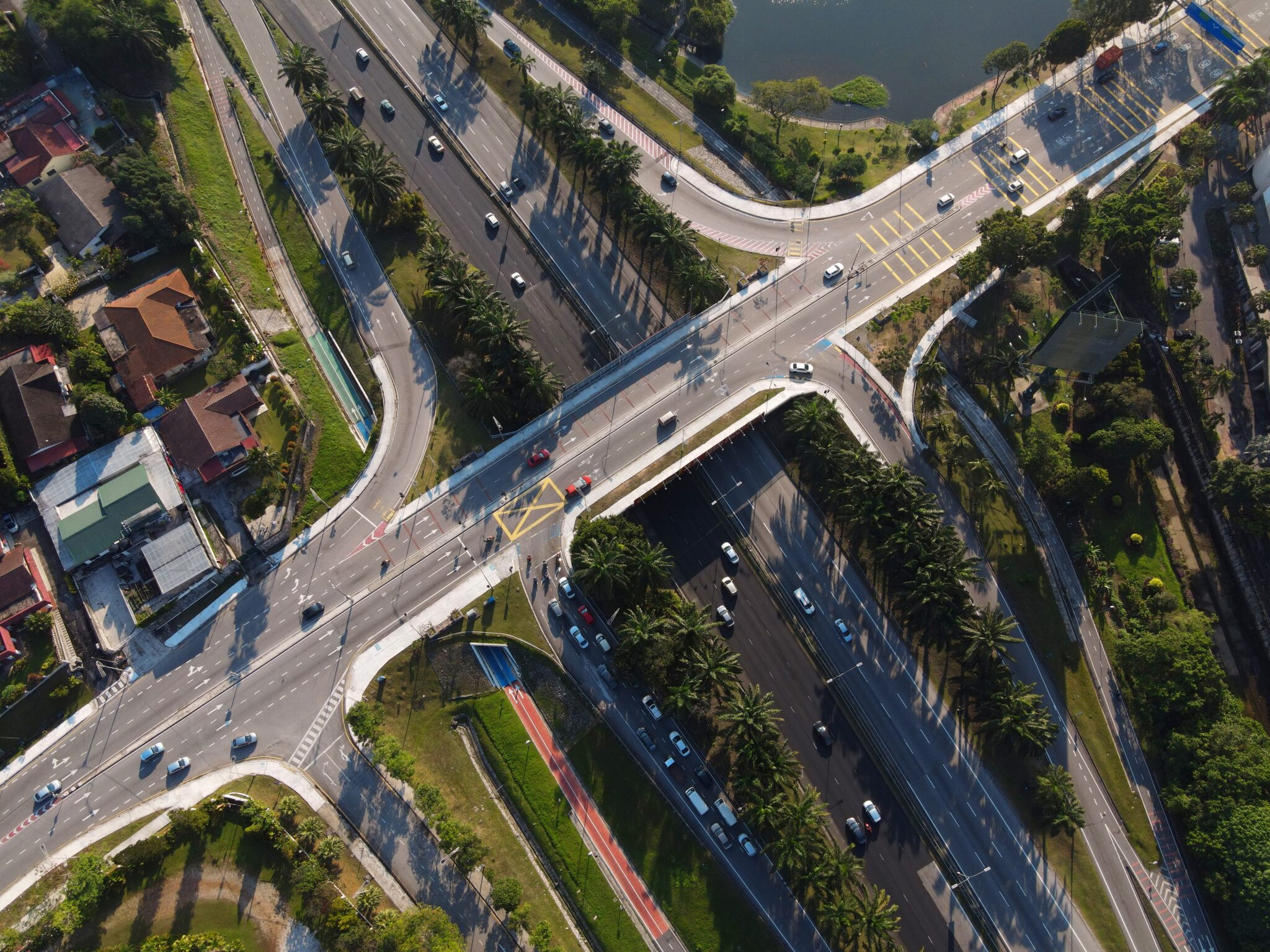
Over the months of July, August and September this year, City Cancer Challenge (C/Can) in collaboration with the Asia Cancer Centres Network Alliance (ANCCA), National Cancer Center Japan (NCCJ) and Tata Memorial Hospital, co-hosted a three-part discussion series to share learnings in two key areas driving quality cancer care: strengthening a multidisciplinary team (MDT) approach, and developing resource-appropriated guidelines for priority cancers.
The Driving Quality Cancer Care in Asia discussion series brought together over 300 healthcare professionals, local leaders, and representatives from civil society and the private sector from 17 countries, including Bangladesh, Brunei Darussalam, Cambodia, Indonesia, and many more. This broad spectrum of participation opened up a dynamic conversation around improving patient-centred cancer care in Asia and helped to deepen understanding of the key enablers and barriers faced by healthcare professionals in the region.
“Sharing knowledge, ideas and experiences at a regional level is highly valuable as cities within the C/Can network and beyond often share similar opportunities and challenges,” explains Dr Aung Naing Soe, C/Can’s Regional Director for Asia.
Understanding the barriers and enablers of an MDT approach
Communication is critical
The first discussion in July polled participants on the biggest challenge they face in strengthening an MDT approach. Over a quarter (26.1%) of participants who responded shared the same challenge of “inadequate communication between team members”.
“We know that free communication, without hierarchical barriers, between members of the multi disciplinary team is critical to enhancing the implementation of MDT care practice,” explains Dr CS Pramesh, Director of Tata Memorial Hospital, who presented the Hospital’s approach to MDT planning in the July discussion. “By understanding the major barriers to delivering quality cancer care in the region, this helps us to better address and overcome the challenge of advancing the quality of patient’s lives.
Organisational, ancillary and administrative support
When asked what the major challenge was in developing or implementing resource-appropriate guidelines for the management of breast cancer, 27% of participants from the August discussion identified a “lack of organisational support”.
Dr Benjamin O. Anderson, former Medical Officer, Cancer Control, World Health Organization (WHO), Past Chair, Director, Breast Health Global Initiative (BHGI), and Professor of Surgery and Global Health Medicine, University of Washington, said that the development of breast cancer management guidelines provides “an opportunity for multidisciplinary planning and discussion”. In his presentation, he explained that the guideline development process relies on: “complete team membership with all the different disciplines to be in place with equal participation of ancillary support and administrative services in order to determine a reasonable and realistic approach.”
Investing in MDT
The poll results of the final session in September showed that nearly one third (31%) of polled participants indicated cost as a barrier to successfully developing or implementing resource-appropriate guidelines for the management of invasive cervical cancer, closely followed by a lack of time or heavy workloads (28%).
This barrier was addressed by speaker Prof. Kim Joo-Young, Radiation Oncologist and Senior Researcher at the NCC Korea, who spoke about an MDT approach in cervical cancer. In her presentation, she outlined the challenges and the need to make an investment case for MDT care: “MDT care requires the time and efforts of many people: it requires dedicated and protected time by physicians to implement a MDT approach and importantly it requires recognition that this time needs to be fairly compensated. The Korean government realised it was necessary to pay for the MDT care to encourage physicians and health providers to set aside their time and efforts for MDT care.”
International experts and voices from the field
The series featured a host of international experts from the American Society of Clinical Oncology (ASCO), World Health Organization, Spanish Cancer Strategy and Catalan Department of Health, and Icon Group in Australia, along with regional experts from the three National Cancer Centers in Korea, Japan and Singapore (NCC Korea, NCC Japan and NCC Singapore), Indira Cancer Trust in Sri Lanka, Tata Memorial Hospital, the Obstetrical and Gynaecological Society in Myanmar and Universiti Malaya Medical Centre.
To offer insight into what is happening on the ground, each discussion also provided an opportunity for practitioners, from surgeons to radiation oncologists, to share their own experiences of working to strengthen cancer care in Indonesia, Malaysia, Mongolia, Myanmar and Nepal.
“This discussion series brought an important regional lens to the cancer care context in Asia,” says Dr Emi Noguchi, Head of Physicians, Department of Medical Oncology at Japan’s National Cancer Center Hospital, who presented on the hospital’s MDT approach. “Having international experts from C/Can’s network and local voices from the field share and exchange practices and experiences with this regional community of practitioners means that these discussions and exchanges are able to take on greater relevance by taking into account local needs and realities.”
Key takeaways from the discussion series
Strengthening an MDT approach:
- MDT care is evolving to improve quality of care, including psychosocial aspects, quality of life, patients’ rights and empowerment, comorbidities and survivorship.
- An MDT approach should be a democratic process underpinned by strong communication across the team.
- Leadership is critical to sustaining MDT care practice; MDT training should emphasise mentoring and leadership skill development.
- In a resource-limited context, MDT care should have a selective approach focused on the more complex clinical cases.
Developing resource-appropriate cancer management guidelines:
- Developing resource-appropriate cancer management guidelines should take a holistic approach (i.e. a MDT approach), including input of leadership, governments and health practitioners, ancillary and support care.
- Resource-stratification guideline development is an evidence-based, iterative process that offers a method for identifying gaps in services and assessing the feasibility and sustainability of a programme.
- Successful implementation of the guidelines requires capacity building and support.
- Monitoring the implementation of the guidelines is key to assessing failures and successes.
Watch the Driving Quality Cancer Care in Asia Discussion Series highlights video
This discussion series was delivered with the valuable support of Chugai Pharmaceutical and Icon Group.





